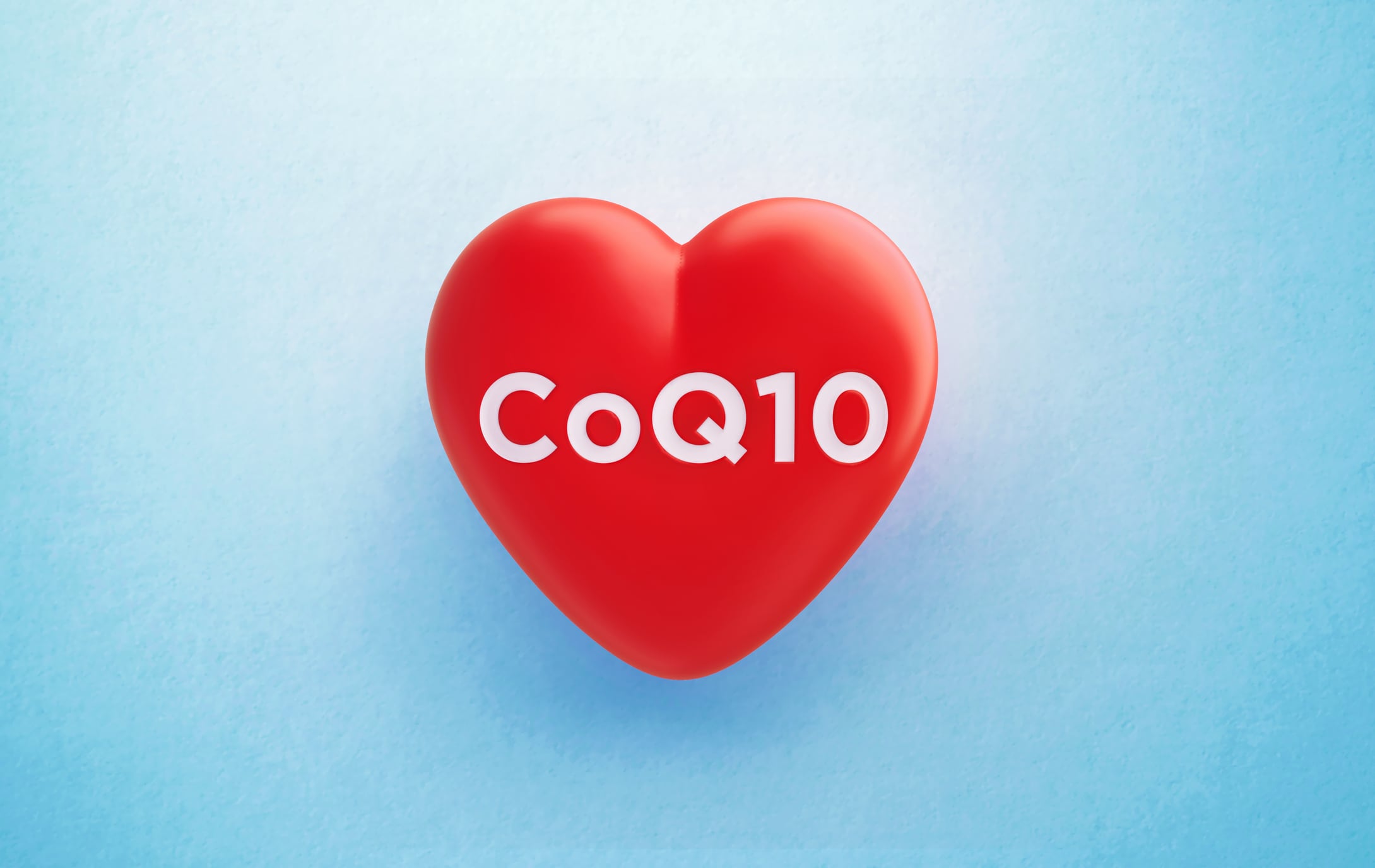The new study compared the bioavailability of Lipo CoQ-10 from Specnova using its LipoVantage technology against placebo and standard CoQ10.
“The liposomal formulation of CoQ-10 had a 31.3% higher Cmax and a 22.6% higher AUC0-24 over 24 h compared with the standard formulation (p < 0.001), indicating a remarkable improvement in absorption efficiency,” wrote researchers from Increnovo LLC (USA), Radiant Research Services Pvt. Ltd. (India), Atatürk University (Türkiye), Specnova LLC (USA), Medstar Specialty Hospital (India), and Texas Tech University (USA) in Frontiers in Nutrition.
“These results are consistent with previous research showing that liposomal encapsulation improves the bioavailability of nutrients by increasing solubility, protecting against degradation in the gastrointestinal tract and facilitating absorption through biological membranes,” they added.
Coenzyme Q10
CoQ10 plays a vital role in the production of chemical energy in mitochondria—the ‘power plants’ of the cell—by participating in the production of adenosine triphosphate (ATP), the body’s so-called ‘energy currency’.
It has been studied for its role in cognitive health, heart health and anti-aging (in oral and topical formulations). It has also been shown to benefit those suffering from angina, heart attack and hypertension.
“Despite its widespread commercial use, the bioavailability of CoQ-10 remains an area of active investigation,” wrote the study authors, led by Dr. Ralf Jäger, managing member of Wisconsin-based Increnovo. “The absorption of CoQ-10 is highly dependent on its solubility in the gastrointestinal tract, which is often limited by its hydrophobic nature. Traditional CoQ-10 formulations, typically in crystalline or powder form, exhibit poor water solubility, leading to suboptimal absorption and inconsistent health outcomes.”
Study details
The Lipo CoQ-10 formulation used a sunflower lecithin-based phospholipid bilayer plus gum arabic and alginate.
“These polysaccharides form the polar core of the liposome and are also present externally, which may enhance gastrointestinal stability, protect against enzymatic degradation and improve solubility and transmucosal absorption of CoQ-10,” the authors explained.
This formulation was tested in a randomized, double-blind, placebo-controlled, crossover study with seven men and 11 women (average age of 33.5). Participants received a single dose of placebo, or 100 mg of standard CoQ10 or Lipo CoQ-10.
Data from blood samples drawn over the next 24 hours showed that both CoQ10 formulations raised CoQ10 levels in the body, but the increases were significantly higher for the Lip CoQ-10 dose.
Dr. Jäger noted that a better-absorbed form offers a range of benefits, including reaching target levels with a lower dose, supporting populations with impaired fat absorption and providing a head start before longitudinal benefits that typically emerge over weeks.
Importantly, no significant changes were observed for a range of biochemical markers, supporting the safety and tolerability of the preparation.
On the biomarkers of inflammation and oxidative stress, the data indicated some improvements in MDA (an oxidative stress marker) and TNF-alpha (an inflammatory marker). However, the researchers did detect a reduction in GPx-1 values, which suggested an increase in oxidative stress.
“These results suggest that although liposomal CoQ-10 increases bioavailability, a single administration may not be sufficient to induce acute changes in systemic oxidative stress or inflammation,” they wrote. “Previous studies have shown that the antioxidant and anti-inflammatory effects of CoQ10 supplementation are more pronounced with long-term use.”
The researchers noted that future studies should investigate if improved bioavailability does translate into measurable benefits in certain population groups like people with cardiovascular, neurological or metabolic disorders.
“Such research could also explore the effects of chronic supplementation, varying dosages and different timing of administration relative to meals,” they added.
A premium positioning
Specnova’s CEO Sebastian Balcombe told NutraIngredients that the higher bioavailability can lead to lower doses but that there is an extra cost to put it into liposomal form.
“It depends how much lower the customer wants to dose down our Liposomal CoQ10,” he said. “If they do not, the cost of course will be increased, but typically brands looking to use true liposomal ingredients are prepared to sell them for a premium, and their customers are looking for superior bioefficacy.
“It is not simply better bioavailability,” Balcombe added. “We have shown with many of our liposomal studies greater uptake in the target tissue of interest that is not simply overcome by higher dosing of its non-liposomal counterpart.”
Source: Frontiers in Nutrition. 2025, Volume 12. doi: 10.3389/fnut.2025.1605033. “Impact of liposomal delivery on coenzyme Q10 absorption: a double-blind, placebo-controlled, randomized trial”. Authors: R. Jäger, et al.


